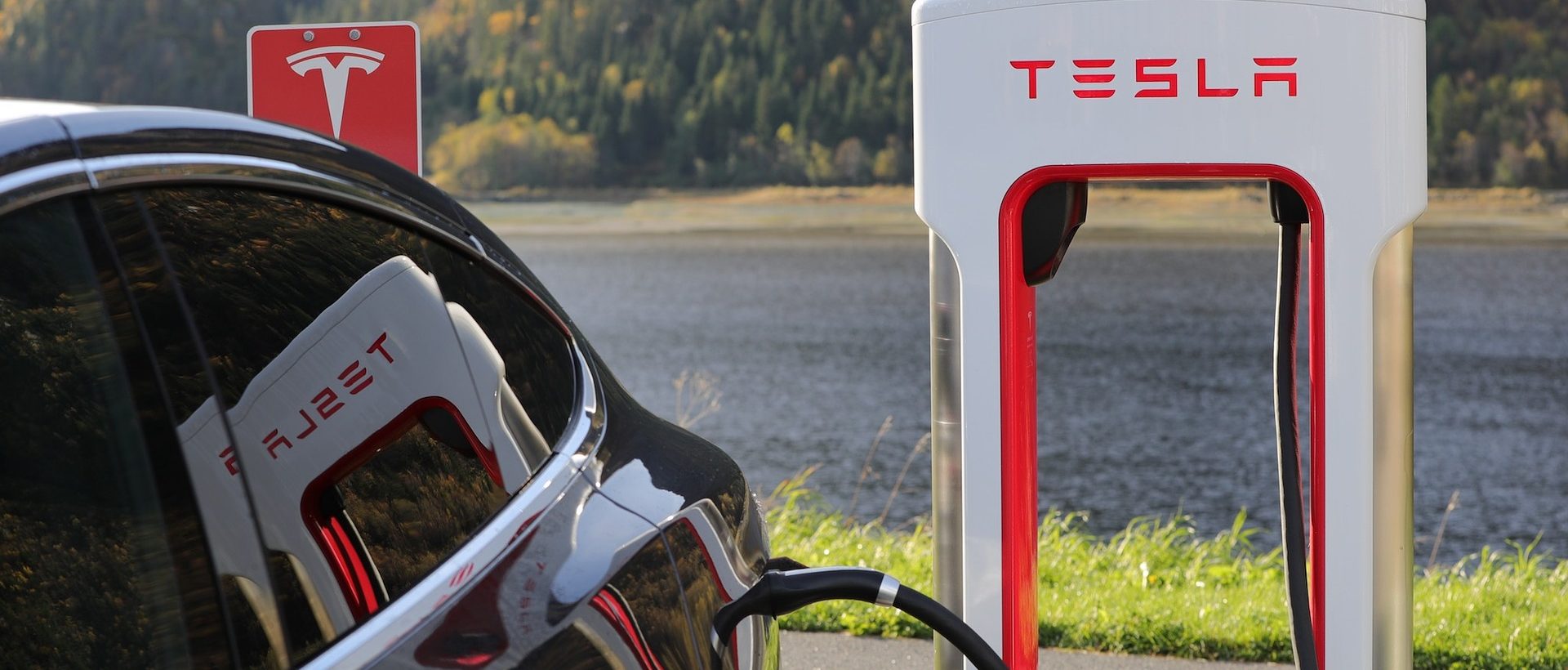
What happens if I get/have an electric vehicle?
Electric vehicles (EVs) are becoming increasingly popular and automakers have taken notice. Every major automaker has committed to a timeline to introduce all-electric vehicles by as early as 2020. EVs are starting to (very) slowly eat the market share of their gas-guzzling counterparts. With this EV revolution, homeowners are starting to save money by paying a lower amount to charge their cars than by pumping gas.
Charging at home remains to be the cheapest option to “fill” an EV, with solar panels being a natural fit to provide that renewable juice as well as power the entire home. For new EV owners and prospective EV buyers, this begs the question of how would charging an electric vehicle at home affect electricity usage/bill?
Effects of an EV on Electricity Usage and Bill
In order to get a good idea of how much the average homeowner’s electric bill will rise by adding an electric vehicle, we need to start by figuring out how much driving the average person does in a day.
According to the U.S. Department of Transportation, the average person drives close to 11,500 miles a year; breaking down to about 961 miles a month. Electric vehicle range efficiencies are measured in kWh/100 miles. It is the amount of energy it takes to drive 100 miles.
| kWh/100 miles | Battery (kWh) | Range | |
| BMW i3 | 29 | 33 | 114 |
| Chevy Bolt | 28 | 60 | 238 |
| Hyundai Ioniq Electric | 25 | 28 | 124 |
| Kia Soul EV | 31 | 31.8 | 111 |
| Nissan Leaf | 30 | 40 | 150 |
| Smart Fortwo | 31 | 17.6 | 58 |
| Tesla Model S P100D | 33 | 100 | 335 |
| Tesla Model X P100D | 40 | 100 | 295 |
| Tesla Model 3 (Long Range) | 26 | 75 | 310 |
| Average | 30.33 | 53.93 | 192.78 |
Based on the average EV’s efficiency to be 30.33 kWh/100 miles and the average 961 miles of driving a month we can calculate that a homeowner would be adding an additional 291 monthly kWh of usage to their electricity (about 10 kWh/day). That amounts to a substantial increase in usage for most people but what does this actually do to your electricity bill?
The actual amount that you pay will depend on many factors such as if you are on a time of use (TOU) plan or a Tiered Plan with your utility provider and at what time you charge your car daily. Below are some examples of typical rates for Southern California Edison for both plans.
While all the data is based on the average electric vehicle and the average driver this is by no means a fit for everybody. Some people drive a lot more or a lot less or are on different rate plans.
Electric Vehicle Comparison & Home Charging Calculator
For your own personal results and fill out your email below and we will give you access to our proprietary calculator.
Thinking about getting solar while owning an EV? Energy storage can help you charge anytime without worrying about peak utility rates.

